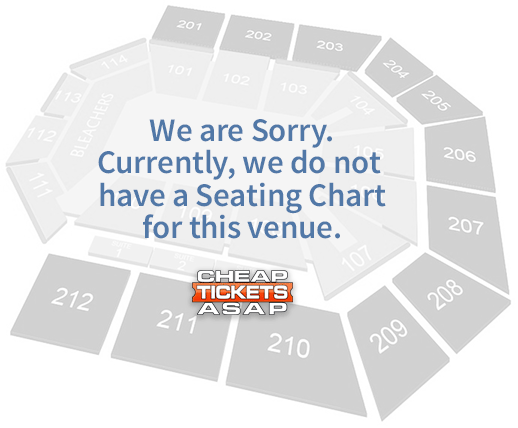Stages Seating Chart
Upcoming Events and Tickets at Stages
We were unable to find any upcoming Stages events.Please check back soon. Events are added all the time. |
Directions to Stages
As an event venue, stages play a crucial role in defining the tone and impact of any event. Choosing the right stage design, position, and size can make or break an event's success. There are various stages of consideration while selecting an apt stage design for your event.
Design Stage:
The first stage in relation to choosing a stage as an event venue is the design stage. At this stage, you should consider the event's nature, theme, audience, and objectives. These considerations will inform the stage's shape, size, positioning, and other features such as lighting, sound, and backdrop designs. A design that complements the event's overall tone and purpose will create an environment where attendees feel engaged and invested.
Planning Stage:
Once the design stage is complete, it's essential to move to the planning stage. This stage involves considering the logistics of the stage construction and installations such as rigging, cabling, power requirements, safety considerations, and the stage crew's management. All these aspects must be planned meticulously to ensure a seamless event.
Construction Stage:
The third stage can be referred to as the construction stage. At this stage, the actual stage is built based on the plan and design. The stage crew responsible for construction should include experienced professionals with technical knowledge and skills to ensure that the design plan is followed to its exactness.
Testing Stage:
The fourth stage after the stage has been constructed, known as the testing stage. During this stage, the stage is tested to ensure everything is working correctly. The stage management team inspects the stage for visible damages, ensures all rigging, cabling, and lighting systems have been installed as per plan, and assesses the overall construction quality. Any issues that arise at this stage should be dealt with immediately and effectively.
Event Day Stage Management:
The final stage is the event day stage management. At this stage, the event organizer ensures that everything runs like clockwork. This stage involves checking the entire event venue's setup and making last-minute adjustments as necessary, ensuring that the performers know specific show timings, and the emcee is prepared.
In conclusion, a stage is an essential aspect of an event venue and should be designed, constructed, planned, tested and managed with utmost care and attention to detail. Taking all stages into account will not only provide a better experience for attendees but also prevent any potential risks or accidents. A successful stage design can define an event, so it's crucial to pay attention to every component during the process of selecting the right stage for an event venue.
Design Stage:
The first stage in relation to choosing a stage as an event venue is the design stage. At this stage, you should consider the event's nature, theme, audience, and objectives. These considerations will inform the stage's shape, size, positioning, and other features such as lighting, sound, and backdrop designs. A design that complements the event's overall tone and purpose will create an environment where attendees feel engaged and invested.
Planning Stage:
Once the design stage is complete, it's essential to move to the planning stage. This stage involves considering the logistics of the stage construction and installations such as rigging, cabling, power requirements, safety considerations, and the stage crew's management. All these aspects must be planned meticulously to ensure a seamless event.
Construction Stage:
The third stage can be referred to as the construction stage. At this stage, the actual stage is built based on the plan and design. The stage crew responsible for construction should include experienced professionals with technical knowledge and skills to ensure that the design plan is followed to its exactness.
Testing Stage:
The fourth stage after the stage has been constructed, known as the testing stage. During this stage, the stage is tested to ensure everything is working correctly. The stage management team inspects the stage for visible damages, ensures all rigging, cabling, and lighting systems have been installed as per plan, and assesses the overall construction quality. Any issues that arise at this stage should be dealt with immediately and effectively.
Event Day Stage Management:
The final stage is the event day stage management. At this stage, the event organizer ensures that everything runs like clockwork. This stage involves checking the entire event venue's setup and making last-minute adjustments as necessary, ensuring that the performers know specific show timings, and the emcee is prepared.
In conclusion, a stage is an essential aspect of an event venue and should be designed, constructed, planned, tested and managed with utmost care and attention to detail. Taking all stages into account will not only provide a better experience for attendees but also prevent any potential risks or accidents. A successful stage design can define an event, so it's crucial to pay attention to every component during the process of selecting the right stage for an event venue.
©2025 Cheap Tickets ASAP. All Rights Reserved.



